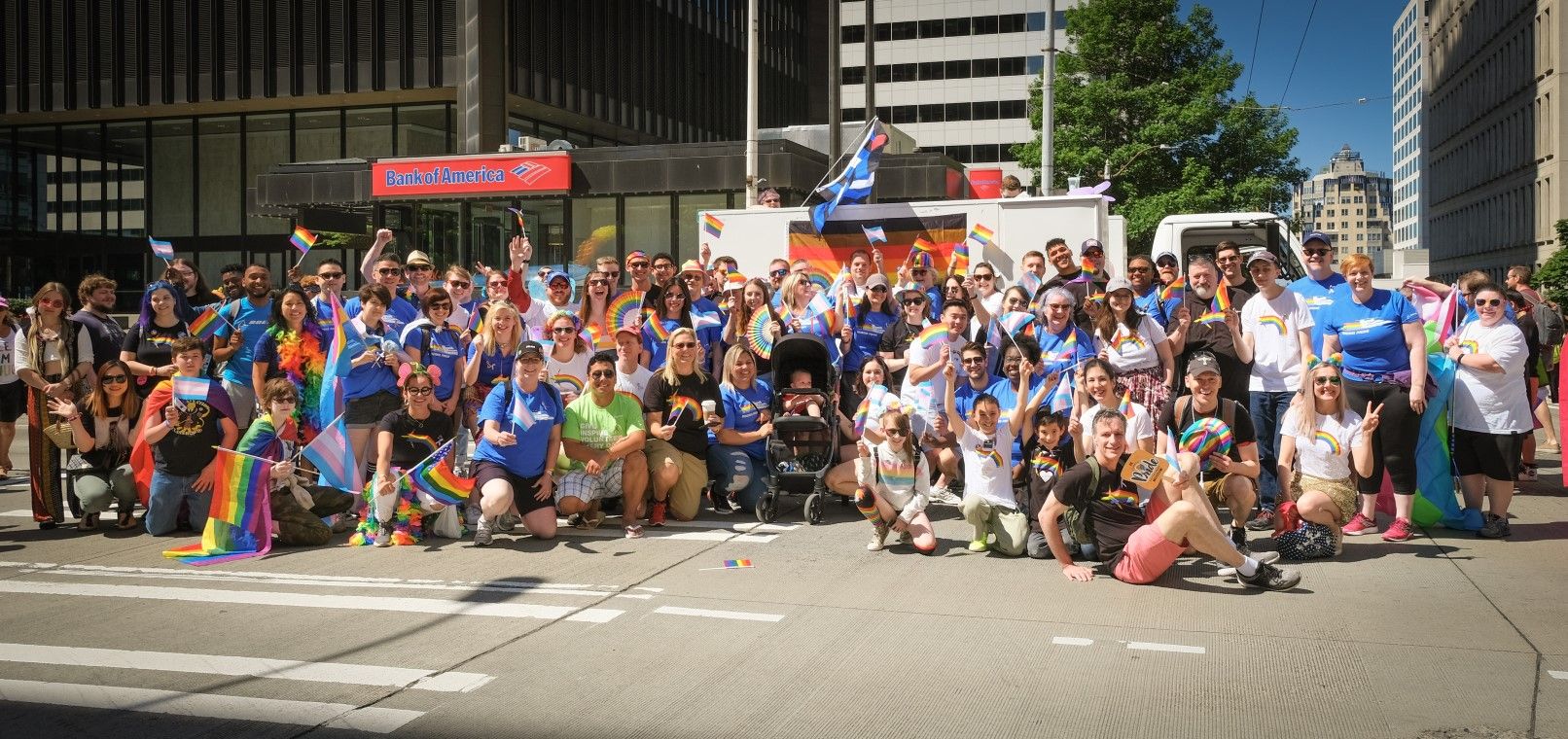The Good Word | by Jon Cooper
Flight began in the 20th century with the Wright Brothers.
Flight continues to evolve in the 21st with the right engineers and designers.
Georgia Tech rising senior track and field sprinter Denise Woode plans on being part of that group when she graduates and has taken the first steps on that runway this summer, courtesy of her internship in Seattle, Wash., with the aviation and aerospace giant Boeing.
“I’m an aerospace engineer so Boeing is essentially my major,” said the Gaithersburg, Md., native, who is the first engineer in her family but hardly the lone success story; as her older brother recently graduated from medical school and is a doctor doing his residency in general surgery in Seattle. “It was actually my top choice of places to work. It’s where I want to end up eventually.”
The world’s largest aerospace company, Boeing is divided into three areas: commercial airplanes; defense, space and security; and Boeing Global Services. It’s the U.S. government’s main supplier of military aircraft and manufactures and exports products like commercial jetliners, military aircraft, and defense security and communications systems to more than 150 countries around the world.
Woode, who first met with representatives from Boeing at a general career fair on campus, had planned to use the interview as a “trial run” as she attempted to land her first internship. But she impressed Boeing brass enough that they hired her for the internship. She moved out to the Pacific Northwest for the summer and now is helping the company with designs on a pair of projects that will lead to those making successful trial- and actual runs.
“My main project is with the program called ‘The NMA,’ which is a new mid-market airplane,” she said. “I’m currently a structural-design engineer intern so I work on the side of body joint of the airplane, which connects the wing to the main part of the airplane. I’m doing design work on that joint. My second project is with a section of Boeing where they will take the different parts of aircraft and break them apart into their lowest elemental level and then use that to do a cost-analysis on the different parts.
“I’m spending a lot of time using the “CATIA” (Computer-Aided, Three-dimensional Interactive Application) software and designing things,” she continued. “I might have to drive up to another location for other meetings, there are sometimes tours, but for the main part I’m on the computer and CATIA and working and reading design guides and stuff like that.”
Woode has found the hands-on — and hands-online — work she’s doing at Boeing eye-opening. It has taken her well beyond what she could have learned solely in the classroom.
“General knowledge I’ve gained from my classes has helped, just being more aware and understanding more of what they’re talking about because I am an Aerospace student,” she said. “I’m learning what it’s like to be in the industry, since I’ve never actually had an internship before. It’s interesting to see how different it is being in industry than being in class.
“I’m also learning a lot of the different terminology, different parts of an aircraft that you don’t learn as much when you’re just in class,” she added. “Taking your aerospace classes you learn a lot of things very broadly. Here it’s a lot more specific and you learn all the intricacies of an aircraft and also the different phases it goes through from the time you create it and bring it to the line and everything else. I’m learning how a company like Boeing runs.”
Combining balancing being a runner with Georgia Tech’s Aerospace Engineering curriculum has proven beneficial and something that has earned her more than a little respect.
“I think being a student-athlete definitely helps with time management so I know how to balance things, how to schedule things and how to make plans work,” said Woode, who is preparing for her final year running the 200, 400 and 4×400 relay and boasts a spot on the 2019 All-ACC Academic Honor Roll. “Also, it’s very helpful for your people skills and talking to people. So it helps with interviewing. It helps me when I have to talk with people for informational interviews I’ll do here. I’ll set up an interview with a manager and learn a little bit more. Just being able to talk and network, being a student-athlete definitely helps with that.”
Boeing employs upward of 150,000 people in the U.S. and 65 countries worldwide. Woode hopes that her work this summer will lead to an offer to join that workforce once she graduates.
“It definitely can,” she said. “They usually want interns to come back full time. So hopefully by the end of the summer I’ll have a job. It was really nice getting this and also getting it with a company I want to work for. I’m hoping that this turns into a full time offer for next year. Then I can go back into the school year knowing that I have a job.”










